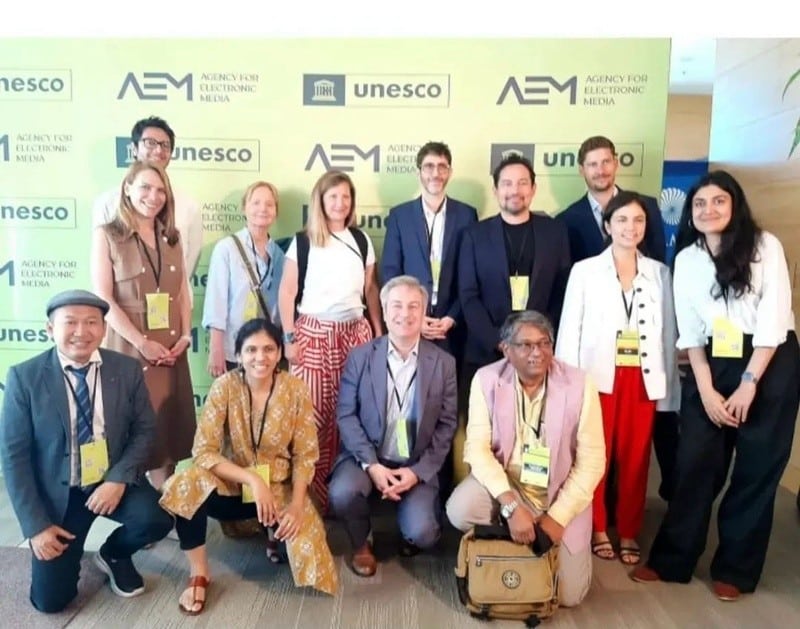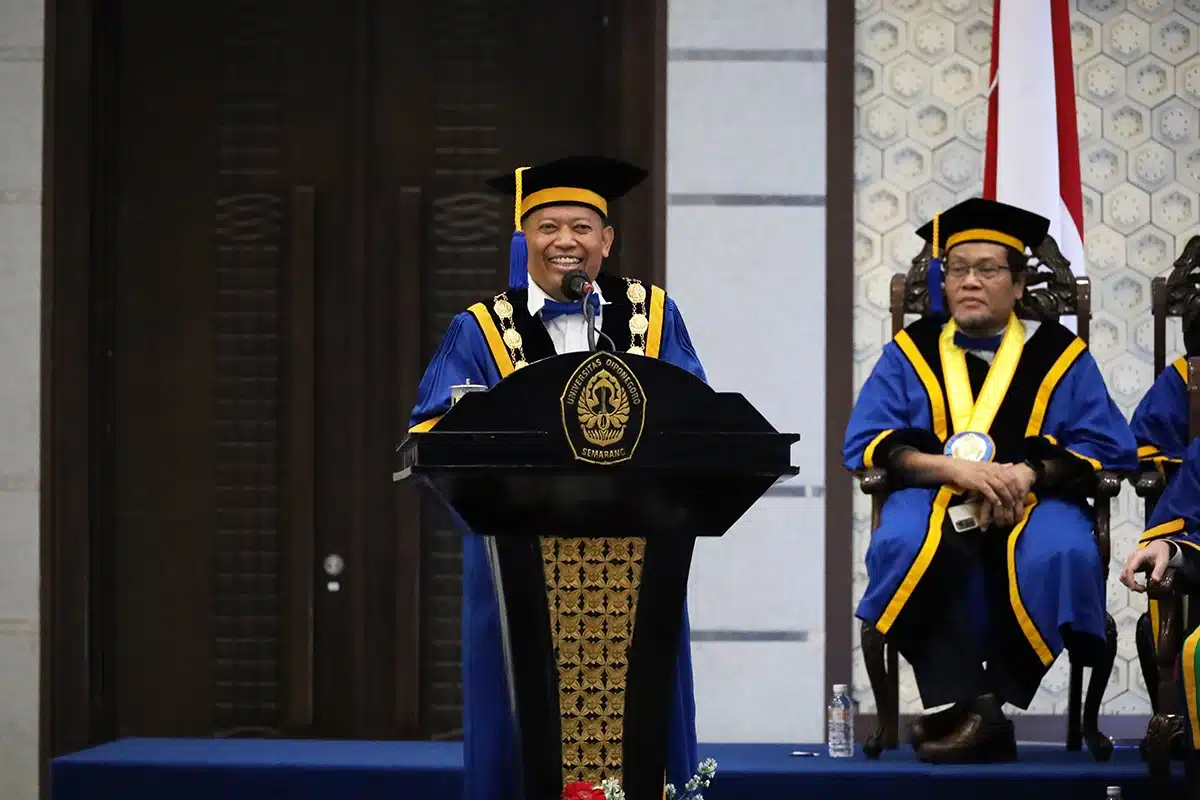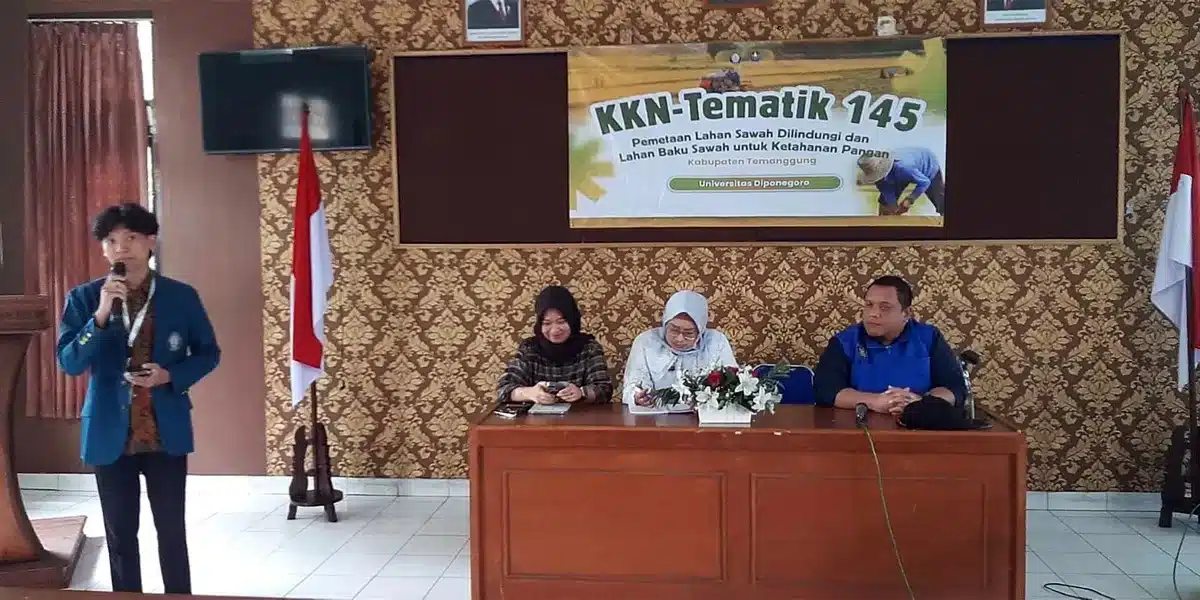The Department of Business Administration, Faculty of Social and Political Sciences, Diponegoro University held a Guest Lecture inviting Rr. Tur Nastiti, Ph.D (Lecturer of Management, FEB, Gadjah Mada University) with the theme “Managing Perception Biases in Ethical Decision Making” (26/4).
In her material, Tur Nastiti conveyed that the measure of business success and sustainability was formed based on the social construction of the community. Social construction is determined by legitimate power, celebrities based on referent power, status, reputation based on expert power and evidence, and stigmatization.
Furthermore, she said ethics is a moral principle of inner guidance, values, and benefits that people use to analyze or interpret situations and then decide the right or proper way to behave. Rules in ethical decision making include Utilitarian Rules, ethical decisions must produce the greatest good for the greatest number of people; Rules of Justice, ethical decisions should distribute benefits and disadvantages among people in a fair, equal and impartial manner; Rules of Practice, ethical decisions should be decisions that a manager does not hesitate to communicate to people outside the company because ordinary people in society will think that the decision is acceptable; and the Moral Rights Rules, ethical decisions must safeguard and protect the basic rights and privileges of people.
“The leadership’s intentions and paradigms include thinking on a time spectrum, thinking across the domains of human life, including work, family, him, them and the environment, having the characteristics of cultivating talents such as curiosity, commitment, compassion, collaboration, caring about bias and limitations, and cultural intelligence. Meanwhile, academics’ intentions and paradigms include conceptual thinking, context sensitivity, and active communication,” she said. (Lin – Public Relations)










